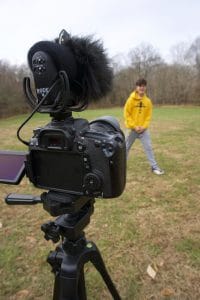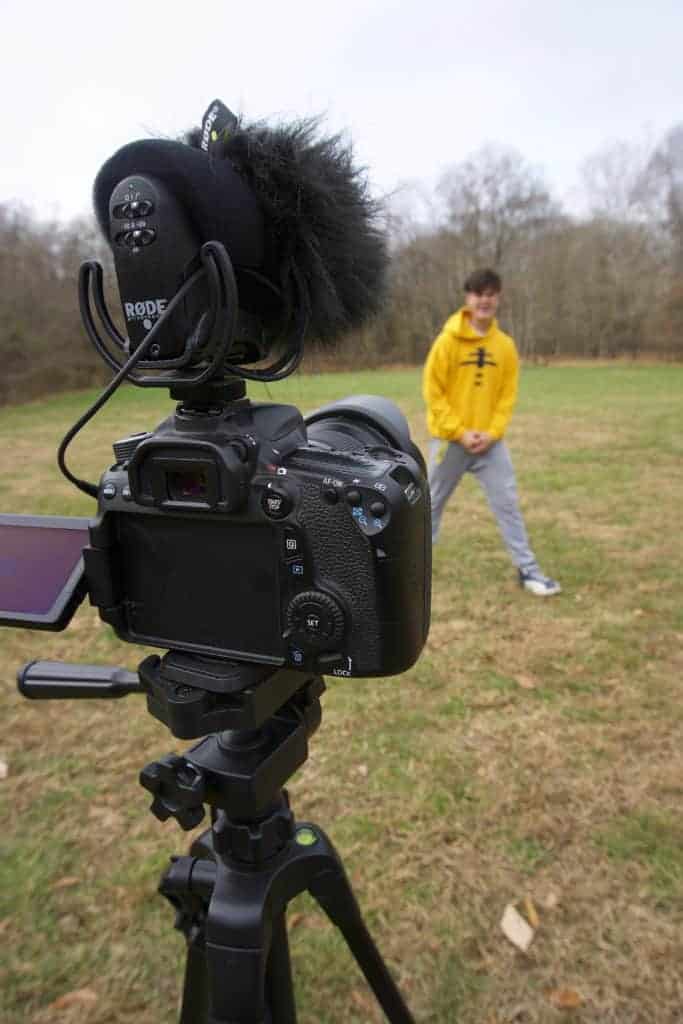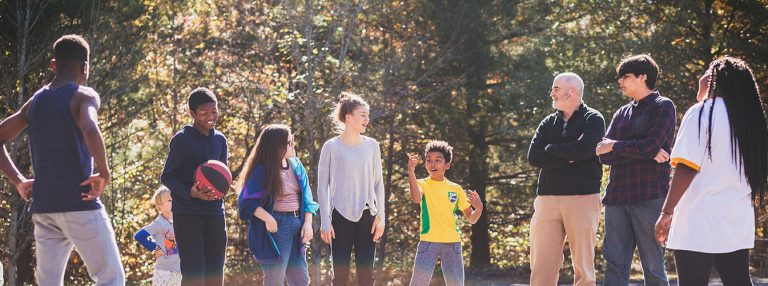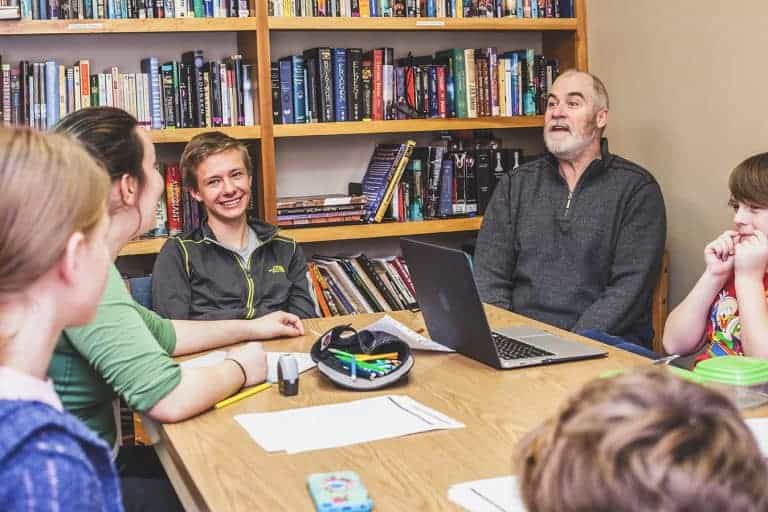Sudbury school vs Public school: Parkland
The recent high school shooting in Parkland, Florida has inspired some of the affected students to mobilize for change. I have watched with much interest as both politicians, the public and the media try to respond to the reality of young people speaking their minds about something that matters deeply to them. The responses have ranged from fawning (“Look how smart they are!”) to mocking (“Look at that hair!”) to absurd (“They’re paid actors!”) As is often true, how people respond to youth speaking up for themselves might reveal more about the adults than the now famous teens. For me, when I watch these students advocating for change, I observe through the lens of Fairhaven School. Several topics seem relevant:
Civic Engagement
The Parkland students are exercising their rights to free speech and assembly, one of the many freedoms students at Fairhaven School enjoy daily, whether in the basic liberty of the school environment, in the daily Judicial Committee (JC) or in the weekly School Meeting. In JC, our students adjudicate all allegations of rule-breaking by investigating, charging and sentencing. In School Meeting, students and staff discuss and vote on all school rules, fiscal decisions, and hiring of staff. In sum, Fairhaven School’s students speak their minds and, crucially, vote about things that matter deeply to them every day.
Public Speaking
Yes, many of the advocates are excellent public speakers. Fairhaven students hone these skills every day, both in the formal meetings discussed above (JC and School Meeting) and in less formal committees and corporations. Examples include the Music Corporation, the Electronics Corporation, and the Public Relations Committee. Aside from these meetings, however, Fairhaven and all Sudbury schools feature endless conversations, ranging from imaginative play to discussions about life to responding to current events like the school shootings. A Sudbury school is a communication paradise, and, above all, Fairhaven School graduates people who can communicate with people of all ages, from five-year-olds to eighty-five-year-olds. When they speak, our students tend to be both insightful and genuine.

Making videos at Fairhaven School.
Fearlessness
The Parkland students come across as courageous in a public, challenging situation. Because of the respectful, constant talking at Fairahven School, our students are also not intimidated by new situations, including getting themselves into college, interviewing for a job, and pursuing arts and sports activities with passion. Our students interview very well, and they tend to approach new people, whether adults or children, with an attitude comparatively unfettered by intimidation or fear.
Sincerity
One reason for our students’ success in these new situations seems to be the sincerity with which they approach people. This ongoing, straightforward attitude among Fairhaven students puts the lie to the prevailing biases against young people and teenagers in particular. For twenty years, we have seen that treating people with respect makes them respectful and thereby prepares them for success when they leave.
Walking out of School
Finally, I was sitting and talking with some of our older students on the day many students walked out of schools nationwide at 10:17 to memorialize the students who died and to advocate for change. Of course, the moment’s tension came from the defiance of school rules and authority. How would school administrators and teachers respond? Would the students be punished? At Fairhaven, the students discussed walking out for a while, but the absence of arbitrary control of their time removed all of the drama and appeal from the gesture. In an environment where each student controls his or her schedule and destiny, what would be the point? 10:17 came and went, and the students reasonably went about their business, continuing their remarkable, sincere, fearless process of taking charge of their lives.
In the end, we applaud the Parkland students for their engagement. Nevertheless, we humbly suggest that this experience represents the tip of the iceberg of what students in America can do, if only schools and adults would see them as people and grant them all of the rights and responsibilities they deserve.
–Mark McCaig



